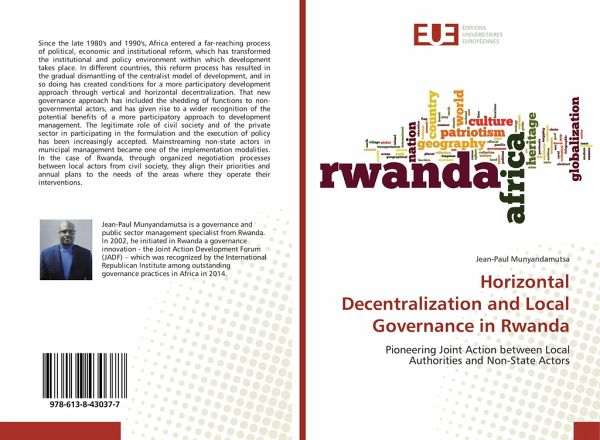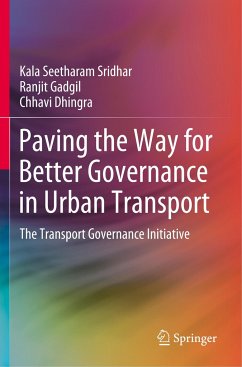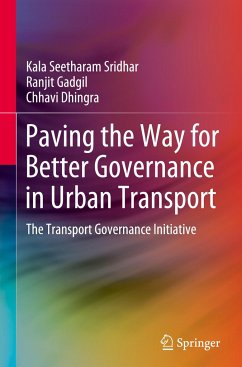
Horizontal Decentralization and Local Governance in Rwanda
Pioneering Joint Action between Local Authorities and Non-State Actors
Versandkostenfrei!
Versandfertig in 6-10 Tagen
27,99 €
inkl. MwSt.

PAYBACK Punkte
14 °P sammeln!
Since the late 1980's and 1990's, Africa entered a far-reaching process of political, economic and institutional reform, which has transformed the institutional and policy environment within which development takes place. In different countries, this reform process has resulted in the gradual dismantling of the centralist model of development, and in so doing has created conditions for a more participatory development approach through vertical and horizontal decentralization. That new governance approach has included the shedding of functions to non-governmental actors, and has given rise to a...
Since the late 1980's and 1990's, Africa entered a far-reaching process of political, economic and institutional reform, which has transformed the institutional and policy environment within which development takes place. In different countries, this reform process has resulted in the gradual dismantling of the centralist model of development, and in so doing has created conditions for a more participatory development approach through vertical and horizontal decentralization. That new governance approach has included the shedding of functions to non-governmental actors, and has given rise to a wider recognition of the potential benefits of a more participatory approach to development management. The legitimate role of civil society and of the private sector in participating in the formulation and the execution of policy has been increasingly accepted. Mainstreaming non-state actors in municipal management became one of the implementation modalities. In the case of Rwanda, throughorganized negotiation processes between local actors from civil society, they align their priorities and annual plans to the needs of the areas where they operate their interventions.












